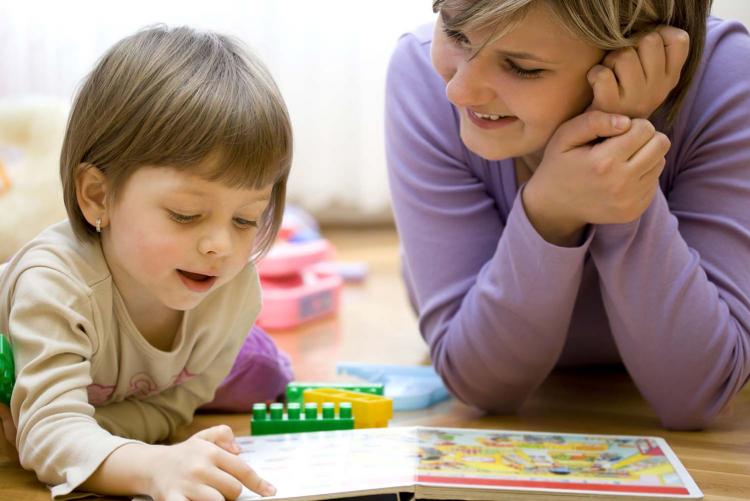Parents today often look for teachable moments – and opportunities abound. When reading a book with a child, for example, it might mean discussing story plots with him. If she isn’t allowed to play a videogame, it means explaining why.
Jelena Obradović(Image credit: Courtesy Graduate School of Education)
There’s good reason for this: Research has shown that engaged parenting helps children build cognitive and emotional skills.
Too much parental direction, however, can sometimes be counterproductive, according to a new study led by Jelena Obradović, an associate professor at Stanford Graduate School of Education, published March 11 in the Journal of Family Psychology.
In the study, the researchers observed parents’ behavior when kindergarten-age children were actively engaged in playing, cleaning up toys, learning a new game and discussing a problem. The children of parents who more often stepped in to provide instructions, corrections or suggestions or to ask questions – despite the children being appropriately on task – displayed more difficulty regulating their behavior and emotions at other times. These children also performed worse on tasks that measured delayed gratification and other executive functions, skills associated with impulse control and the ability to shift between competing demands for their attention.
Obradović and her co-authors found that the phenomenon occurs across the socioeconomic spectrum.
“Parents have been conditioned to find ways to involve themselves, even when kids are on task and actively playing or doing what they’ve been asked to do,” said Obradović, who also directs the Stanford Project on Adaptation and Resilience in Kids (SPARK). “But too much direct engagement can come at a cost to kids’ abilities to control their own attention, behavior and emotions. When parents let kids take the lead in their interactions, children practice self-regulation skills and build independence.”
Obradović’s research, which introduces a far more granular measure of parental engagement than traditional methods, shines new light on how parents help and hinder their children’s development during the pivotal transition to elementary school.
It also comes as today’s parents, increasingly derided as “helicopter” and “snowplow” caregivers, are spending more time with their kids than their own mothers and fathers did – even before the COVID-19 pandemic turned many parents into primary playmates and homeschoolers.
- Log in to post comments
Comments
Nullam id dolor id nibh ultricies vehicula ut id
Donec sed odio dui. Nulla vitae elit libero, a pharetra augue. Nullam id dolor id nibh ultricies vehicula ut id elit. Integer posuere erat a ante venenatis dapibus posuere velit aliquet. Nullam id dolor id nibh ultricies vehicula ut id elit. Integer posuere erat a ante venenatis dapibus posuere velit aliquet.
Nulla vitae elit libero, a pharetra augue
Donec sed odio dui. Nulla vitae elit libero, a pharetra augue. Nullam id dolor id nibh ultricies vehicula ut id elit. Integer posuere erat a ante venenatis dapibus posuere velit aliquet. Nullam id dolor id nibh ultricies vehicula ut id elit. Integer posuere erat a ante venenatis dapibus posuere velit aliquet.
Lorem ipsum dolor sit amet
Integer posuere erat a ante venenatis dapibus posuere velit aliquet. Nullam id dolor id nibh ultricies vehicula ut id elit.

















